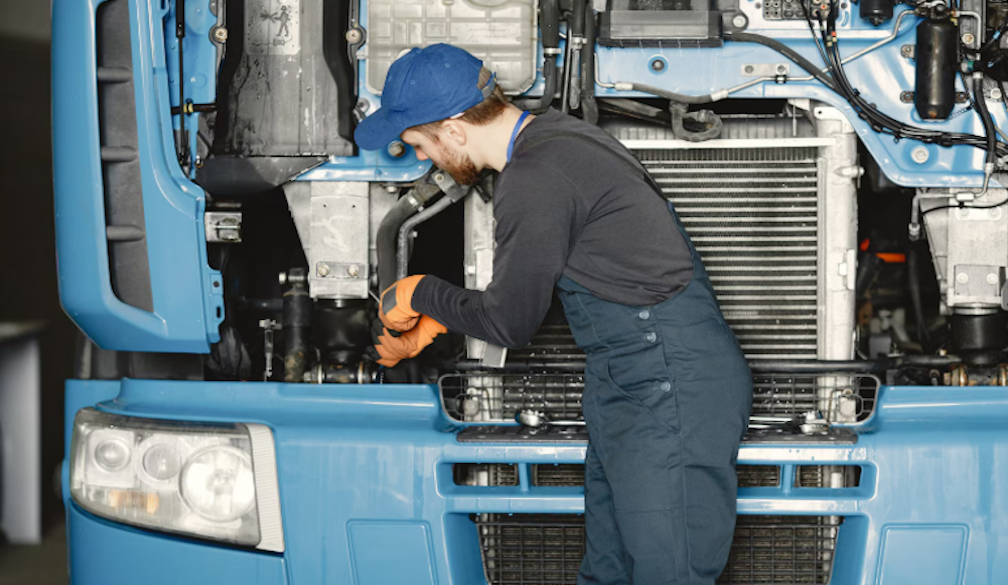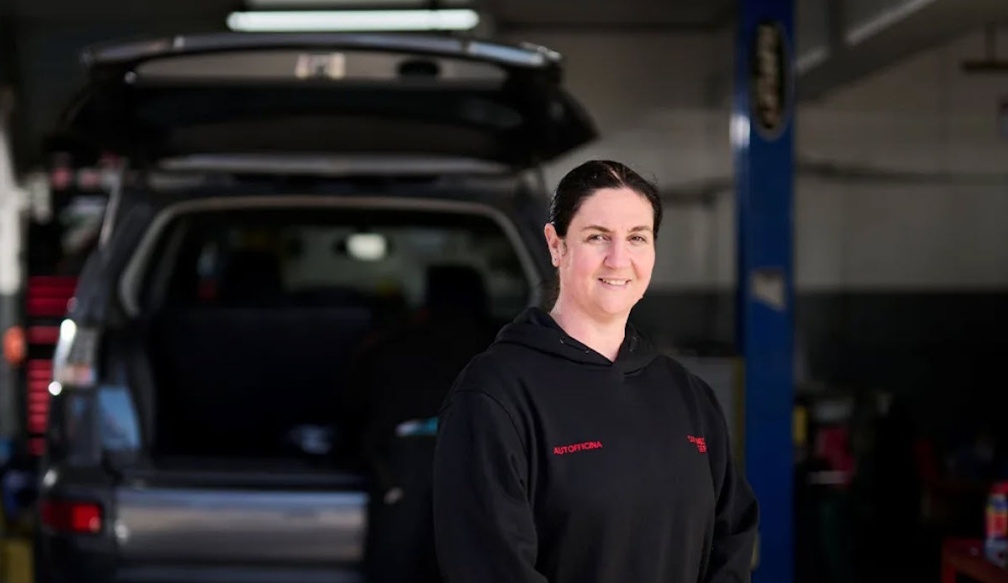Tuning Strategies for Modern Trucks: Putting SCT X4 Performance to the Test
- Written by Daily Bulletin

The Case for Aftermarket Tuning in Modern Trucks
Factory programmers aren't trying to thrill you. They’re chasing emissions compliance, warranty safety nets, and broad market compatibility. That comes at the cost of raw output. Horsepower and torque are intentionally muted. Throttle inputs feel like they’re passed through a bureaucratic committee. Fuel maps hug the conservative line, which isn’t what you want when towing a fully loaded trailer or blasting past a sluggish SUV in the passing lane. Modern trucks are capable of much more. Daily commuters crave sharper response. Weekend warriors expect pull that doesn’t fade halfway up the hill. The real world demands tuning that’s tailored, aggressive, and unapologetically focused on usable power.
Why an X4 Performance Tuner Beats Stock ECUs
Flash tuning rewrites the core instructions. Plug-and-play chips merely trick sensors. The X4 digs deeper. It recalibrates ignition timing, adjusts fuel delivery, and reshapes shift logic so the truck behaves like the hardware it actually has. Where competitor devices stop at basic map changes, the X4 brings on-the-fly tune switching and accepts custom builds from experienced calibrators. This is not a one-size-fits-all gimmick. It is a surgical overhaul of a factory mindset that has already put limits on your truck.
Boosting Fuel Economy with X4 Calibration Strategies
Dialing in leaner cruise maps makes the difference. So do revised shift points that keep the engine in its efficiency sweet spot instead of wasting power in low-load situations. Highway MPG often sees the most dramatic improvement when load percentages drop across long stretches. City mileage benefits from quicker shifts and tighter throttle mapping that prevent unnecessary fuel dumps during stop-and-go. Pair these changes with disciplined throttle use and strategic coasting, and the savings become tangible without sacrificing response.
Fine-Tuning Midrange Torque through SCT’s X4 Module
Midrange pull is where trucks earn their keep. Passing on the interstate, climbing grades with a trailer, pushing through headwinds—this is the zone that separates tuned machines from stock slugs. Adjusting boost onset, removing factory torque-limiting parameters, and smoothing ignition transitions can make that power curve feel alive. Keep an eye on boost pressure, intake temps, and torque output readings. These numbers on your gauge tell you when the sweet spot is dialed in or when you’ve pushed too far.
Step-by-Step Install of the X4 Tune Device
Installing starts with the right tools: laptop, reliable OBDII cable, and a clean power supply. Plug straight into the diagnostic port. Pull a baseline file to capture your stock state. Upload the changes. Verify the flash completes without error codes before unplugging. If you want to upgrade your setup, the SCT x4 tuner is where you start.
Real-World Road Test: Gains from X4 Performance Tuner
Dyno results rarely lie. Gains of 20 to 40 horsepower and similar torque increases are common, depending on engine and tune style. The throttle wakes up instantly. Gear changes feel deliberate instead of lazy. On a day towing a three-ton trailer through mountain switchbacks, the extra midrange torque means fewer frantic downshifts and smoother climbs. Even the descent benefits from controlled engine braking and consistent response.
Keeping Your X4 Tuner Updated and Vehicle Monitored
Firmware changes aren’t fluff—they fix bugs, refine calibration logic, and adapt to new vehicle software releases. Data logging at regular intervals builds a history you can review for anomalies. Live sensor feeds reveal early signs of trouble before they become mechanical failures. Always keep a copy of your factory tune tucked away. That’s your fallback when experimenting with a new build or pushing boundaries.
Balancing Power Upgrades with Daily Practicality
The X4 proves that performance and efficiency aren’t mutually exclusive. Targeted tuning delivers more pull, sharper shifts, and cleaner fuel burn without stripping reliability. Customization is intoxicating, but restraint keeps the truck from becoming a maintenance nightmare. Explore further tuning options. Study community builds. Decide where your personal sweet spot lies between thrill and durability.








